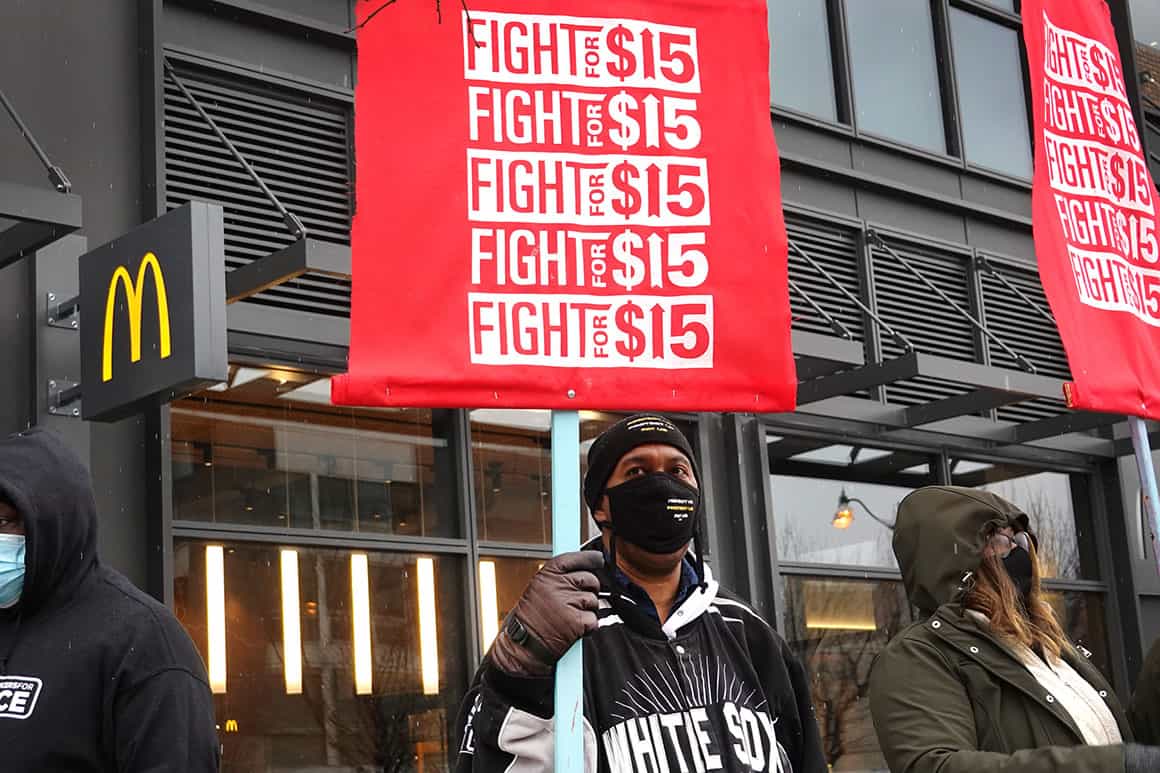
Zachary Boullt is a student at Harvard Law School.
One consequence of the pandemic and the impact of recent efforts by racial justice movements has been an increasing focus on pay equity. This is partly due to the risk of the pandemic widening the pay equity gap for women and people of color, such as the recent spike in unemployment for women of color. One sign of increasing focus include the reintroduction of the Paycheck Fairness Act in Congress by House Democrats last month, which includes more transparency measures for companies. On the state level, at least five states this year have required companies to provide extra salary information that current workers can access. In addition, more than a dozen states passed other laws to promote pay equity.
Bloomberg Law has focused on the increasingly prominent role that state attorneys general have taken in enforcing employee rights during the pandemic. Examples include California’s creation of the Worker Rights and Fair Labor Section in the office, the Massachusetts AG’s announcement of devoting office resources to unsafe working conditions and the adding of safety standards, and Virginia’s step of becoming the first state to adopt permanent COVID-19 safety and health standards. The article identifies areas of focus currently for attorney general offices, including workplace health and safety, vaccination rollout, discrimination concerns, employee privacy, and tax concerns.
Sydney Ember of The New York Times has profiled Fresno, California as a case study of the effects of raising the minimum wage. The minimum wage in Fresno has recently increased to $14 an hour and is expected to reach $15 an hour next year. The wage is still below MIT’s living wage estimate calculation for the area, which puts a living wage at $22.52 per hour. The profile echoes familiar debates and concerns regarding increasing the quality of life and pay of workers versus adding additional expenses to local businesses. Minimum-wage employees interviewed in the article mentioned that the wage increases in Fresno have substantially helped with the payment of bills, though some said that the money is still sometimes not enough. On the employer side, the article mostly focused on restaurants, with some reporting that they were able to adjust to the minimum wage increase easily due to the slow rollout, while others reported the increase was making keeping up with costs a struggle.
Organized labor, including the Vermont AFL-CIO, is pushing back against a legal settlement to resume construction of the CityPlace development project in downtown Burlington due to the lack of a guarantee of reserved union construction work. The project includes housing units, parking, retail, and restaurant space. Unions in the area are calling for a “no” vote for the current financial package without union labor guarantees. The project could implicate up to 300 to 400 union jobs.






Daily News & Commentary
Start your day with our roundup of the latest labor developments. See all
March 3
In today’s news and commentary, Texas dismantles their contracting program for minorities, NextEra settles an ERISA lawsuit, and Chipotle beats an age discrimination suit. Texas Acting Comptroller Kelly Hancock is being sued in state court for allegedly unlawfully dismantling the Historically Underutilized Business (HUB) program, a 1990s initiative signed by former Governor George W. Bush […]
March 2
Block lays off over 4,000 workers; H-1B fee data is revealed.
March 1
The NLRB officially rescinds the Biden-era standard for determining joint-employer status; the DOL proposes a rule that would rescind the Biden-era standard for determining independent contractor status; and Walmart pays $100 million for deceiving delivery drivers regarding wages and tips.
February 27
The Ninth Circuit allows Trump to dismantle certain government unions based on national security concerns; and the DOL set to focus enforcement on firms with “outsized market power.”
February 26
Workplace AI regulations proposed in Michigan; en banc D.C. Circuit hears oral argument in CFPB case; white police officers sue Philadelphia over DEI policy.
February 25
OSHA workplace inspections significantly drop in 2025; the Court denies a petition for certiorari to review a Minnesota law banning mandatory anti-union meetings at work; and the Court declines two petitions to determine whether Air Force service members should receive backpay as a result of religious challenges to the now-revoked COVID-19 vaccine mandate.